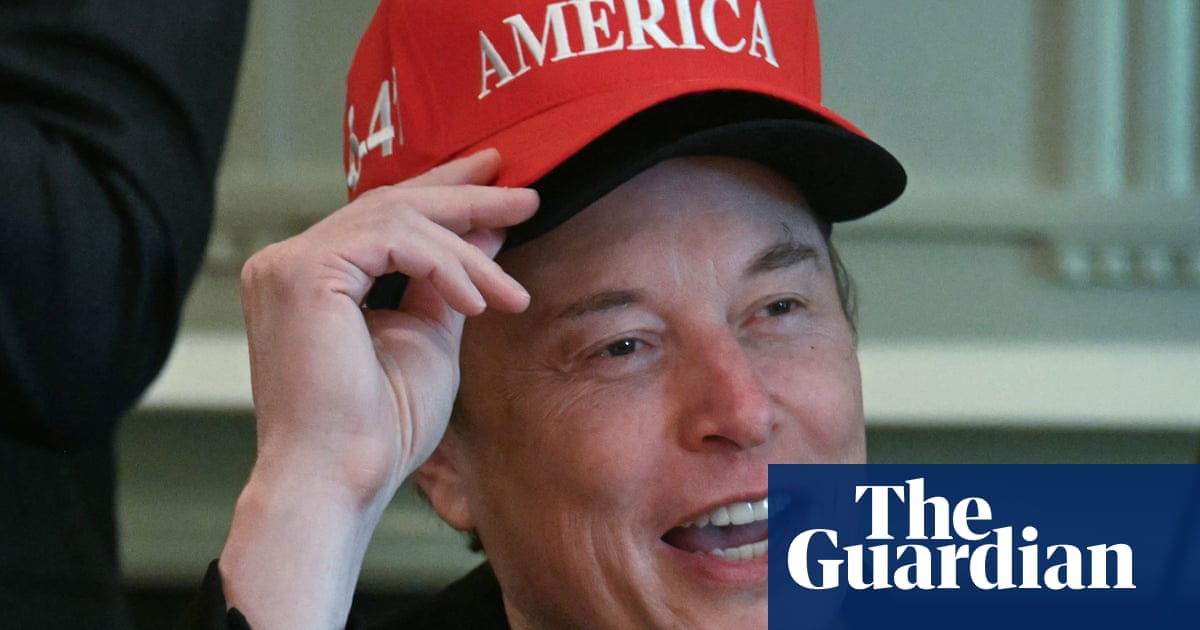Britain’s factories suffered a slump in export orders last month as Donald Trump’s globally unsettling tariff regime sent overseas demand for UK goods tumbling at the fastest pace in five years.
Manufacturers reported rising economic and trade uncertainties in April as some tariffs took effect and other threatened border taxes loomed, forcing them to lay off workers for a sixth consecutive month.
There were also further contractions in output and new orders, dragging business confidence to its lowest ebb since November 2022.
Describing the global backdrop as “tough”, S&P Global said its survey of manufacturers gathered anecdotal evidence that indicated “weak client confidence, trade uncertainty (including prospective US tariffs) and generally quiet global markets that had all weighed on export demand”.
The downturn comes after senior executives in Britain’s manufacturing industry warned MPs that factory owners will have to start making deeper job cuts “within weeks” unless the government can strike a deal to safeguard the UK economy from the US president’s trade war.
Most industrialised nations have reported heavy disruption to trade and rising costs since early last month, when the US imposed country-specific “reciprocal” tariffs – since delayed for 90 days and replaced by a blanket 10% tariff on goods from all nations – plus a further 25% tariff on imports of steel, aluminium and cars.
Senior executives from the UK’s automotive, chemicals and energy sectors warned a committee of MPs to expect wide-scale job losses this summer if the US moves ahead with the paused border taxes.
S&P Global’s report on Thursday showed its manufacturing purchasing managers’ index (PMI) edged up to 45.4 last month, from March’s 17-month low of 44.9, but remained well below the 50 mark that separates growth from contraction.
Rob Dobson, director at S&P Global Market Intelligence, said UK factories were badly hit by the fallout from Trump’s tariffs, which included “rising cost pressures, deteriorating supply chains and increased trade uncertainty”.
after newsletter promotion
He said there was a drop in orders from the US, Europe and mainland China. “Surveyed manufacturers noted that US tariff announcements were having a noticeable impact on global markets as trading partners adapt to increased trade volatility,” he added.
However, some analysts believe that the PMI in recent months has overstated the gloom across the manufacturing industry after official figures showed it staged a significant recovery in the first quarter of the year.
The Office for National Statistics said there was a rise of 2.2% in manufacturing production from January to March, driven by a surge in transport equipment and pharmaceutical output, possibly to meet a surge in demand from the US to beat the imminent introduction of tariffs.

 German (DE)
German (DE)  English (US)
English (US)  Spanish (ES)
Spanish (ES)  French (FR)
French (FR)  Hindi (IN)
Hindi (IN)  Italian (IT)
Italian (IT)  Russian (RU)
Russian (RU)  3 weeks ago
3 weeks ago























Comments